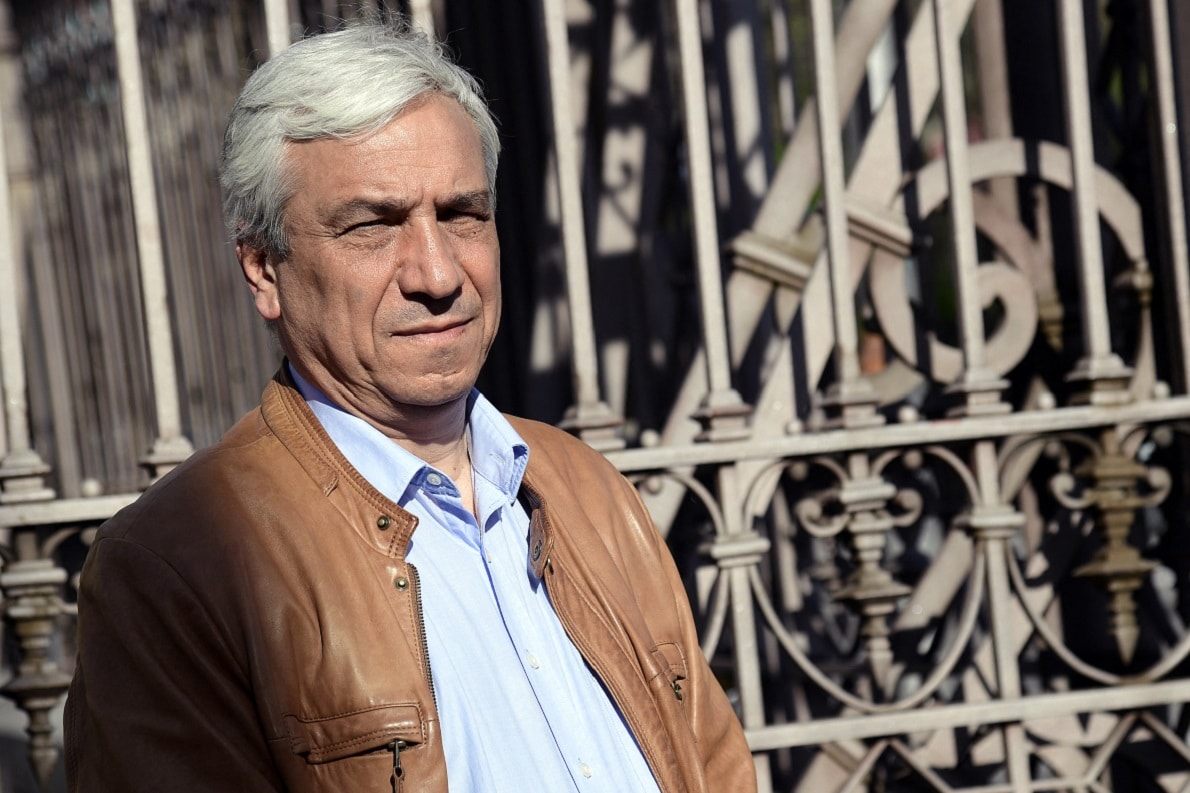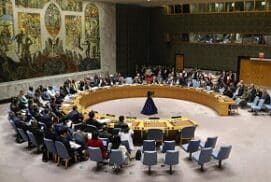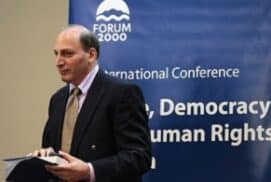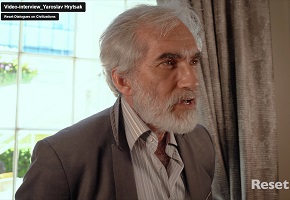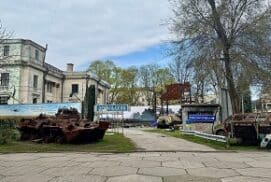It is certainly surprising that, in the middle of major international conflicts (such as the Russian invasion of Ukraine, the repeated massacres in Gaza, and the Israel–Iran war), the United Nations Security Council has not been able to play the role of mediation that the UN Charter contemplated. The UNSC has gathered daily, and its permanent and elected members have discussed both minor and major crises, but without being able to agree on any Resolution regarding the most important events. By itself, this would not have been a major change: in the Cold War, many UNSC Resolutions were blocked by either the USA or the USSR veto. For far too long, two major blocks operated in opposite directions: on one side, the liberal democracies led by France, the United Kingdom, and, above all, the United States, and on the opposite side, the Soviet Union – and later Russia – supported by China.


